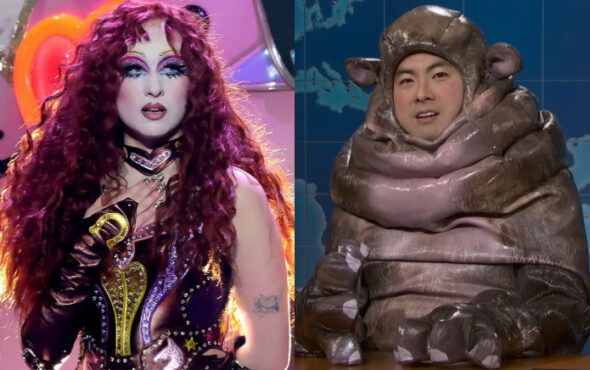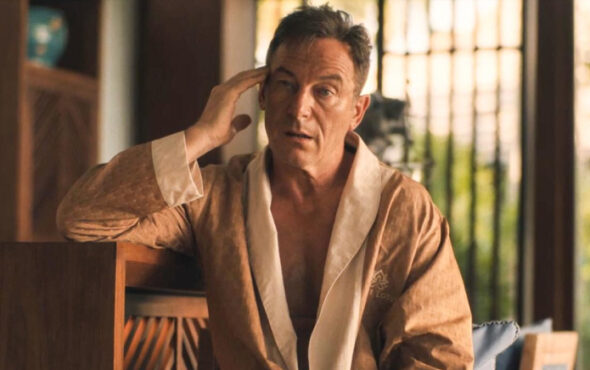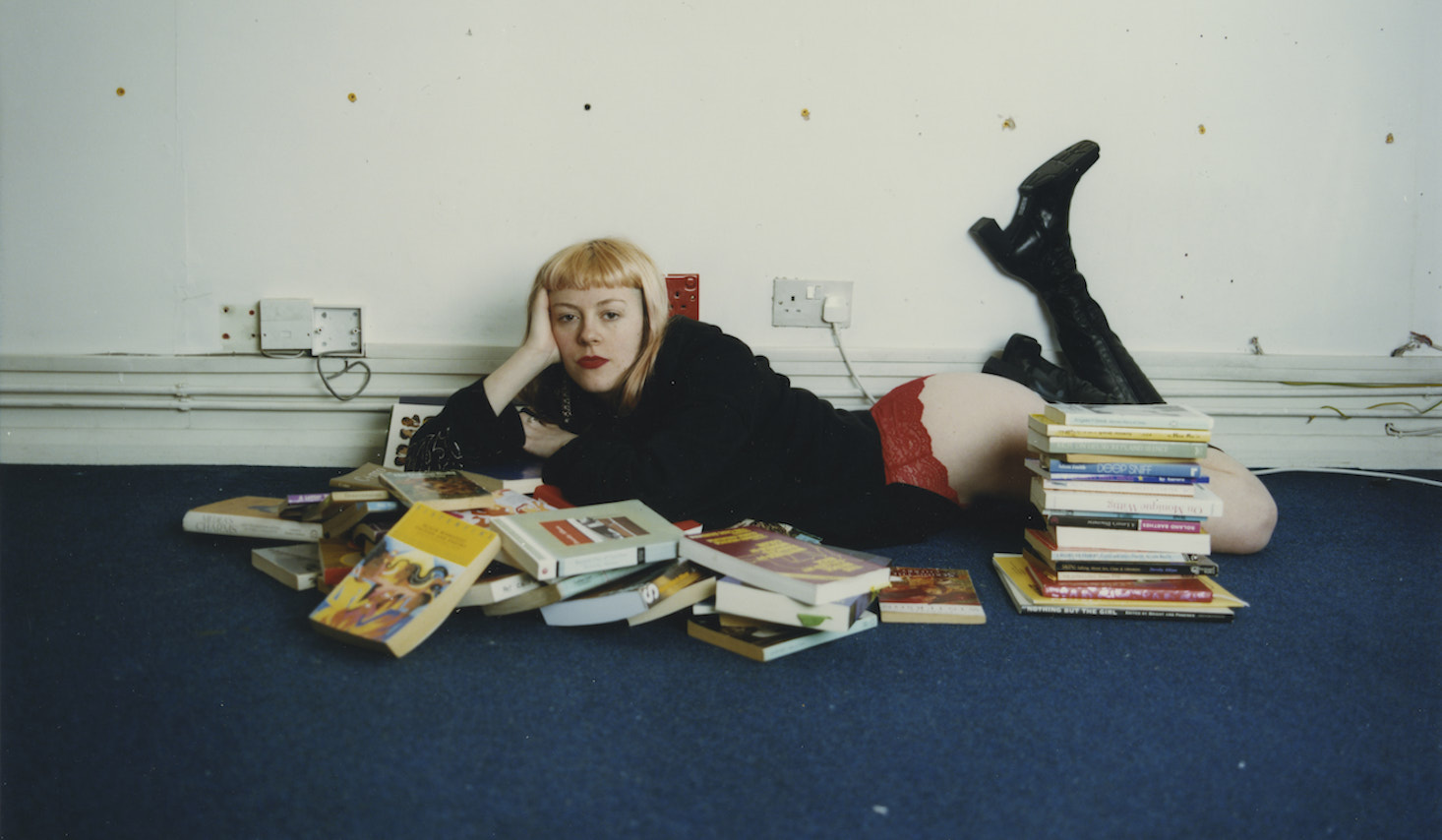
It’s easy to have romantic ideas about the lives of artists – but the reality is always far from the dream. For every gallery exhibition, major campaign and theatre opening night, there are countless more hours spent toiling away in poorly insulated studios or flitting between odd jobs in order to make ends meet. It’s less about glamour or artistic calling and much more about finding ways to prolong burning the candle at both ends before an inevitable burnout.
All of this is factors into Cornish photographer and artist Jody Evans’s latest photobook, Blood Sweat and Tears. A mix of artist pursuits, side hustles, day jobs and vocations, the documentary project encompasses a mix of portraits profiling 20 queer folks in their workplaces, studios and homes. From pint pullers to boat fixers, the collection documents a range of occupations and seeks to shine a light on the labour and graft which might not always feature on a social media highlight reel.
Below, GAY TIMES speaks to Evans about their journey into photography and depicting the stories and emotions behind how queer folks earn a living.
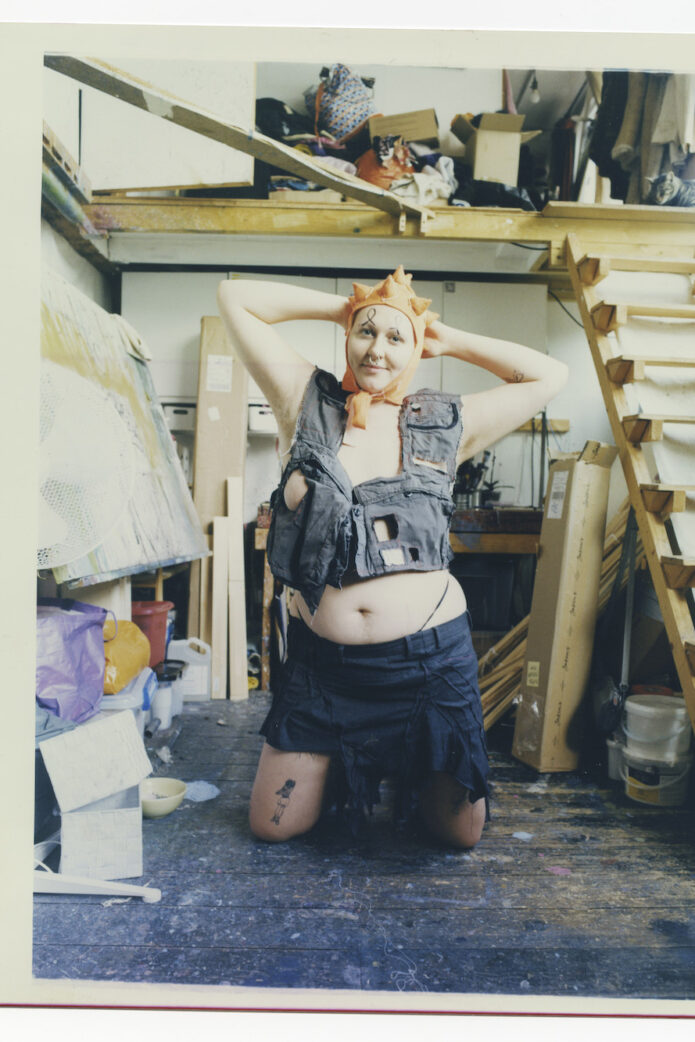
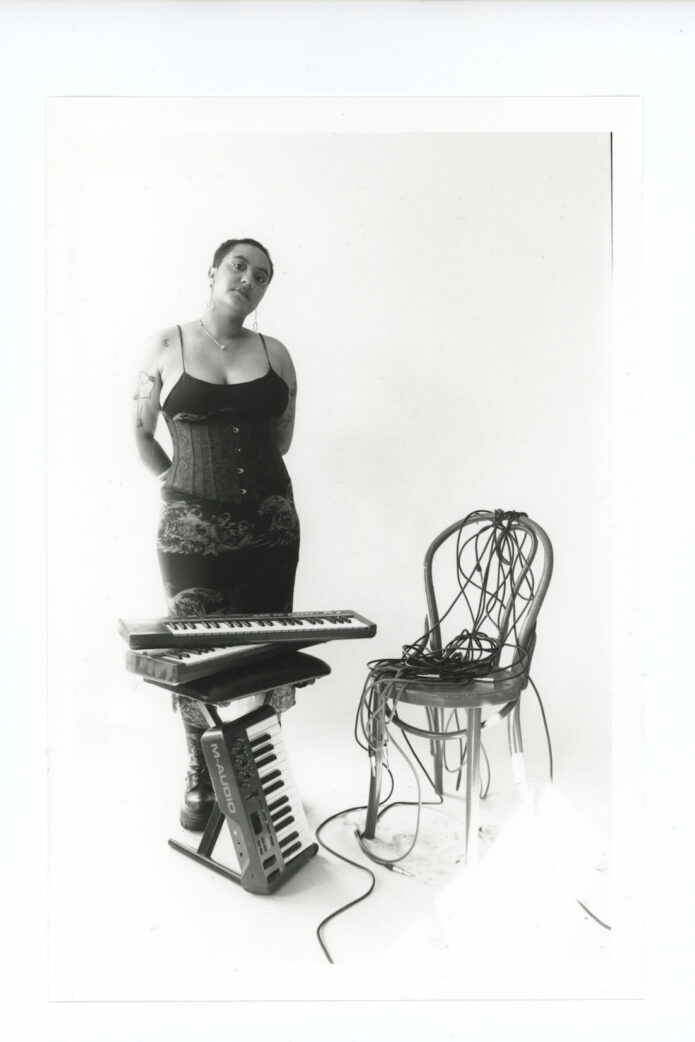
Good to meet you Jody! To kick things off, how did you get into photography?
I used to not know how to answer this question. It wasn’t until my grandpa passed away last year that I really felt how much he inspired me to get into photography. He wasn’t a photographer, he was a builder, but he loved to document life, friends and family around him. He always had a little disposable camera or a camcorder to hand and would always be sitting me down to show me tapes of his and my grandma’s travels on their motorbikes. He had such a big silly personality and I could see that in his images and video’s. I think that really inspired me to get into documentary work.
And how would you describe your practice?
Messy, playful and sexy. I am not a perfect printer nor am I about taking things too seriously. I like to have fun on my shoots and get to know someone, that helps me to translate an energy into my work. I think this style of working helps to make people feel comfortable which brings out the most interesting parts or quirks to people, which I love. I like to document subcultures that I feel, or have felt, connected to. Taking a picture feels more meaningful to me that way.
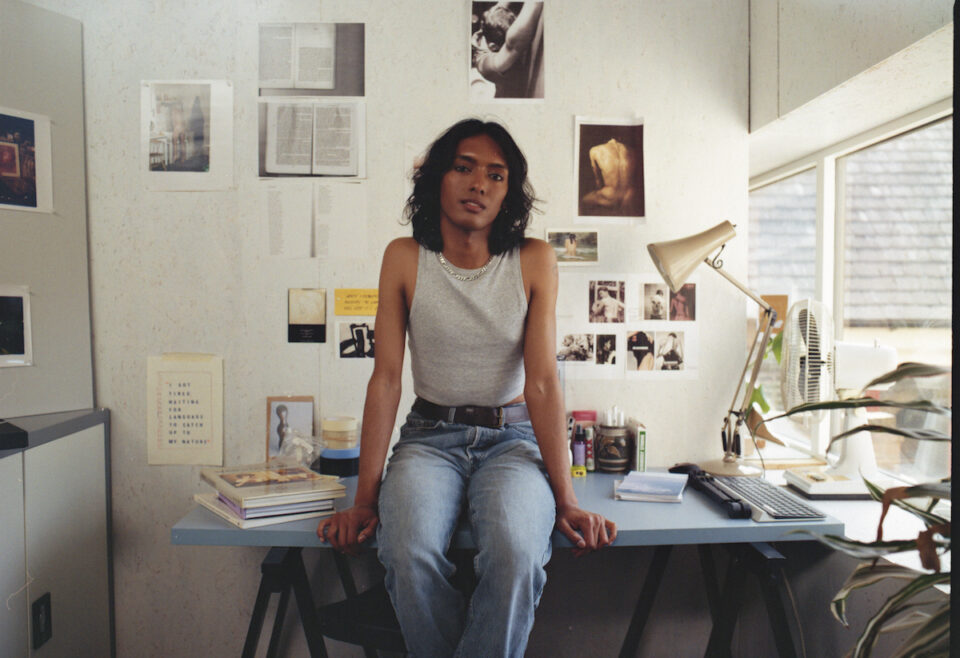
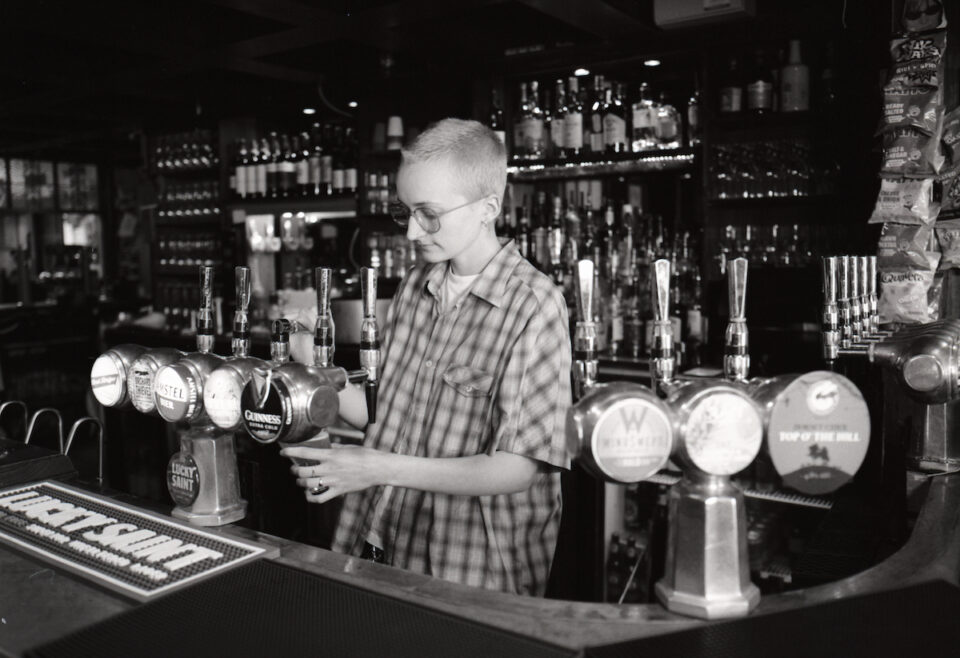
How would you describe your latest project Blood Sweat and Tears?
I think Blood Sweat and Tears is playful, wholesome and raw. It’s about hard graft, not just physical labour – but the strength we build to do the jobs we really hate, the love we pour into our creative practices and the resilience we show when we fail. The book aims to show it all, beyond the glossy surface of the work we choose to share online. I’d hope that people see the book and get to know the people in it. Perhaps they can see a bit of themselves in there too. Not because it’s queer, but because it shows personality and messiness.
A lot of queer art focusses on our leisure time, particularly in relation to night life. Why were you interested in representing queerness and work?
I was often around my dad at work. I have early memories of helping him to mix cement on the building site and playing around with some kid friendly tools. I think growing up around him and other family members that worked physically and mentally demanding jobs instilled some admiration in me for people who work hard and make things with their hands.
Over the past year or two I found myself around lots of queer folk with this same drive I felt inspired by at a young age. I wanted to document this going on around me. It makes me happy to see a representation of queers that isn’t perfect or posed like it’ss often represented back to us in advertising.That shows the highs and lows of life. It’s interesting to me to hear people’s story behind why people get into hairdressing or why they do carpentry because theres often a little heartwarming story behind that.
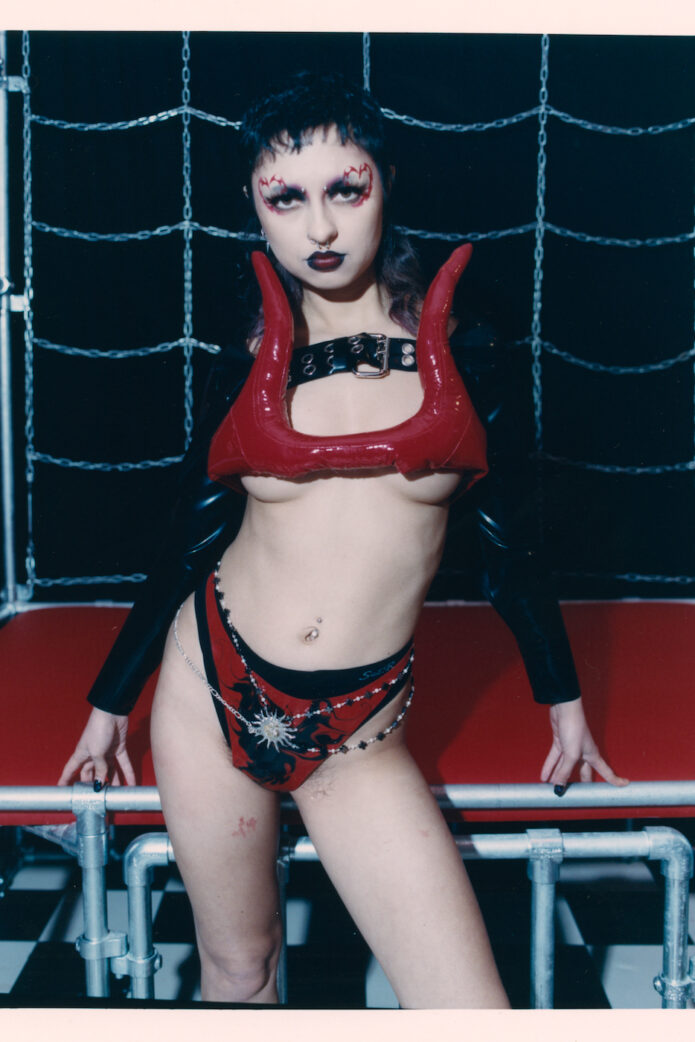
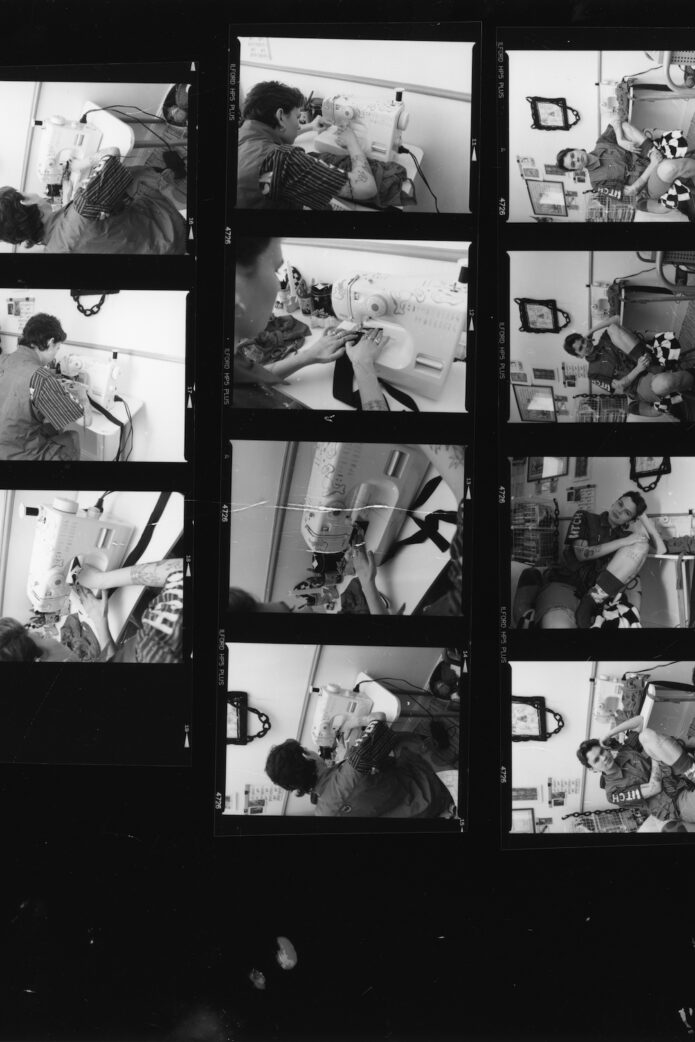
There’s a mix of different jobs and professions in the images within Blood Sweat and Tears. Why did you want to show that variety?
I wanted to show a spectrum of people working manual labour jobs, side hustles and work in progress. Not solely polished artists . As I think its harmful to be flooded with perfect, finished products all the time. A lot of us are working three different jobs at a time to make it work and not every queer person wants to be an artist.
This also brings it back to the title; a phrase that to me reminds me on being back in Cornwall around a lot of grafters which is something I wanted to thread through the book.
